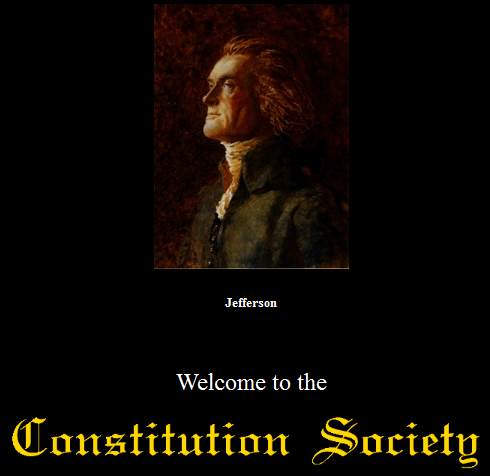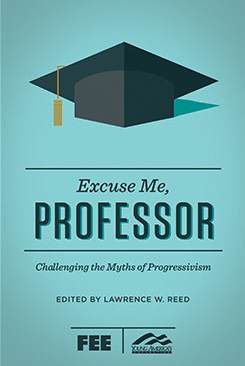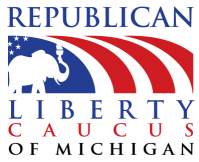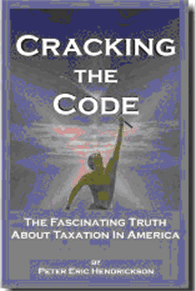If it’s not a runaway, it’s not a real grand jury
Roger Roots[1][excerpt from his Constitution Society column here]
The doings of American grand juries are notoriously misunderstood and unknown by most sectors of the public.[1] Generally, the grand jury process escapes obscurity only when indictments are made public and when, for whatever reason, grand jury “leaks” are disclosed in the news media.[2] In theory, the grand jury is supposed to act as a check on the government — a people’s watchdog against arbitrary and malevolent prosecutions.[3] By and large, however, federal grand juries rarely challenge federal prosecutors.
Today, critics are nearly unanimous in describing the alleged oversight function of modern grand juries as essentially a tragic sham.[4] The Framers of the Bill of Rights would scarcely recognize a grand jury upon seeing the modern version conduct business in a federal courthouse.[5] In modern federal grand jury proceedings, the government attorney is clearly in charge and government agents may outnumber the witnesses by six-to-one.[6]
A “runaway” grand jury, loosely defined as a grand jury which resists the accusatory choices of a government prosecutor, has been virtually eliminated by modern criminal procedure. Today’s “runaway” grand jury is in fact the common law grand jury of the past. Prior to the emergence of governmental prosecution as the standard model of American criminal justice, all grand juries were in fact “runaways,” according to the definition of modern times; they operated as completely independent, self-directing bodies of inquisitors, with power to pursue unlawful conduct to its very source, including the government itself.[7] Continue reading







